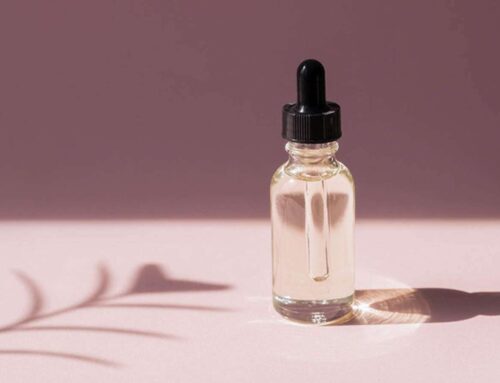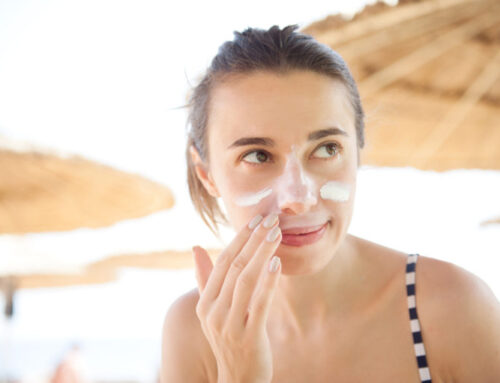
Maintaining Hydrated Skin: Effective Skincare Tips
During winter, our skin often suffers from a compromised barrier, leading to dryness and increased sensitivity, so you’ll need some Winter Skincare Tips. How can we address this issue? Here are some helpful tips to adapt our skincare routine and behaviors during winter, ensuring our skin stays hydrated and comfortable.

Hydration and Protection
To combat the challenges of winter weather on our skin, it’s important to make some adjustments to our skincare routine. Here are some practical tips to help you keep your skin nourished, protected, and hydrated during the colder months.
Cleansers:
Many of us stick to the same cleanser throughout the year, regardless of the season. However, in a harsh and dry winter, it’s advisable to avoid cleansers containing high concentrations of sodium lauryl sulfate (soap) or acids like salicylic acid and glycolic acid. While these ingredients are beneficial for controlling oily skin, they can strip away essential moisture, leaving the skin dehydrated and sensitive. Instead, opt for a milk or gel cleanser during winter. These types of cleansers will gently remove makeup and impurities without drying out or compromising the skin.
Moisturizers:
Switch to a more nourishing moisturizer specifically designed for the colder season. Look for products that provide a protective barrier against harsh environmental elements. Moisturizers containing hyaluronic acid are excellent choices as they hydrate the skin and offer a plumping effect. If you prefer to stick with your current moisturizer, consider supplementing it with a hydrating or antioxidant serum. For optimal results, apply your moisturizer immediately after bathing or showering when your skin is still warm and slightly damp. This aids in better absorption.
Sunscreens:
Don’t neglect sunscreen during winter. Although UV exposure may be reduced due to cloud cover, it’s important to continue protecting your skin. UVA rays, which can cause free-radical damage, still pose a risk. Choose a sunscreen that safeguards against UVA, UVB, infrared, and ozone pollution. Look for formulations with antioxidant ingredients that offer additional defense against environmental aggressors, helping prevent dehydration, pigmentation, and premature aging.
Humidifier:
Indoor heating systems, including fires, heaters, and air conditioning, can contribute to dry air, exacerbating dry skin issues. Instead of relying solely on lotions and lip balms, consider rehydrating the air itself. Using a humidifier adds moisture to the environment and helps combat dryness of the skin, nose, and throat. While a good moisturizer remains essential, introducing humid air is an excellent first step toward alleviating dry skin concerns.
Is Exfoliation Beneficial for Your Skin?
When the skin is excessively dry or dehydrated, its natural ability to shed dead skin cells diminishes, resulting in a dull and flaky appearance. Regular, gentle exfoliation can significantly improve the look of dull skin. Superficial to medium peels work by delicately breaking the bonds between these dead skin cells, effectively removing them and revealing healthier, more radiant skin. This exfoliation process also enhances the absorption of hydrating ingredients into the skin.

Micro needling: An Effective Skin Treatment
Micro needling, also known as “collagen induction therapy,” is a treatment method aimed at improving skin quality by creating controlled micro-injuries that stimulate natural regeneration and repair. By breaking down old collagen and triggering the production of new collagen and elastin through the release of growth factors, micro needling helps rejuvenate the skin.





